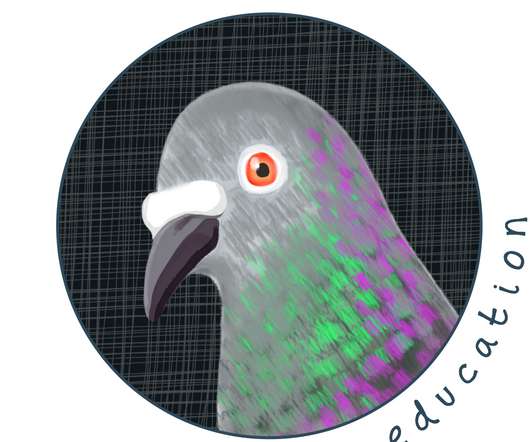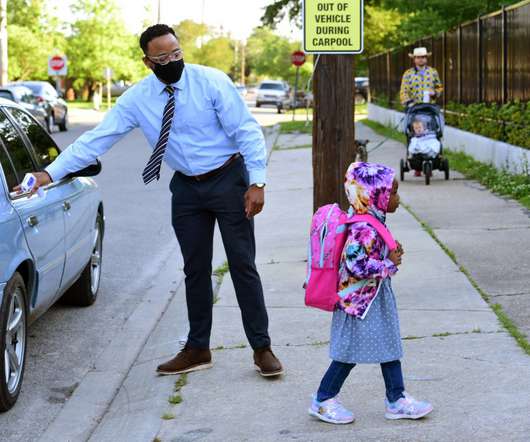After Transforming a College With Online Offerings, a President Steps Down to Tackle AI
Edsurge
DECEMBER 19, 2023
But LeBlanc, who was enthusiastic about technology and had worked in edtech, made a bet that was unusual at the time: He decided to grow the university’s online offerings. That growth ended up exploding as the acceptance of online learning grew, then got an unexpected boost from the COVID-19 pandemic.























Let's personalize your content